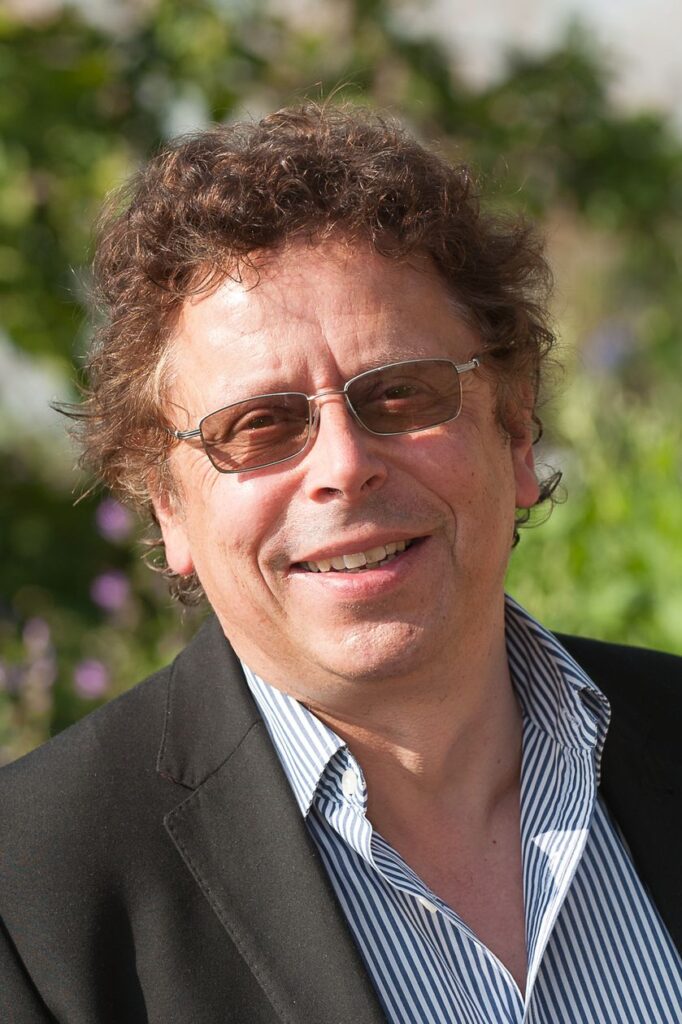 New farming practices at the cutting edge of British agriculture’s response to climate change and net zero targets will be explored at a free open event for farmers at the Great Yorkshire Showground next month.
New farming practices at the cutting edge of British agriculture’s response to climate change and net zero targets will be explored at a free open event for farmers at the Great Yorkshire Showground next month.
Regenerative agricultural practices currently being used to nurture soil health are being put at the forefront of the conversation by the Farmer-Scientist Network, a group supported by the Yorkshire Agricultural Society, at Pavilions of Harrogate on the Great Yorkshire Showground on Tuesday 1st March 2022.
Farmers and other industry stakeholders are invited to register for the free, afternoon event where the basic principles of regenerative agriculture will be explained.
It is a great chance to hear from farmers who have successfully adopted new practices: Mike Powley, an arable and livestock farmer based in North Yorkshire, and Nick Padwick, Farm and Estate Director at Wild Ken Hill, Norfolk.
Sophie Throup, Head of Agriculture at Morrisons and James Standen, Farm Director at Newcastle University Farms, will also offer their insights on what is a hot topic in the industry as it seeks the best balance between responsible stewardship of the environment and profitable, productive farming to feed the nation.
Regenerative agriculture is essentially about maintaining the best possible soil health as part of the food production cycle, using practices that maximise the soil’s potential to pull carbon from the atmosphere and sequester it in the ground.
The focus on new farming techniques is accelerating with the industry aiming to meet an ambition to become net zero in greenhouse gas emissions by 2040, a full decade ahead of the Government’s wider 2050 target to decarbonise all sectors of the UK economy. Support income for farm businesses is also on the brink of becoming more heavily dependent on meeting targets to nurture nature.
Professor Robert Edwards, Chair of the Farmer-Scientist Network and Head of the School of Natural and Environmental Sciences at Newcastle University, said: “Regenerative agriculture has become a buzz phrase in farming, and we want to cut to the heart of what it is and how it is being applied on farms. The further these ideas are shared, the better as it will drive forward innovation during a crucial period for the industry.”
Nigel Pulling, Chief Executive of the Yorkshire Agricultural Society, added: “At this event, the Farmer-Scientist Network will be bringing together likeminded farmers, researchers and stakeholders to explore on-farm challenges and opportunities in adopting regenerative agricultural practices. Whether you are new to the topic or you are a ‘regen ag’ pioneer, it is a great opportunity to get together to broaden your network, share knowledge and learn about the latest, innovative techniques currently being used on farms.”
The event starts with a complimentary lunch and networking at 12.15pm and includes a ‘how to’ panel discussion led by Dr Pippa Chapman and Dr Ruth Wade from The University of Leeds. The session closes at 4pm.
The Farmer-Scientist Network (FSN) is a group of farmers, scientists and academics who work together with support from the Yorkshire Agricultural Society to find new ways in which science and technology can find solutions and underpin innovation in agriculture.
A recent FSN project involved working with a range of partners to trial biological alternatives to chemical pesticides on wheat varieties. The Crop Health North project, funded through the EU’s European Innovation Partnership (EIP-AGRI), successfully demonstrated how biological alternatives can be used to help deliver comparable wheat yields.
To register a free place at FSN’s Regenerative Agriculture open session on 1st March, see www.yas.co.uk. Booking is essential.




